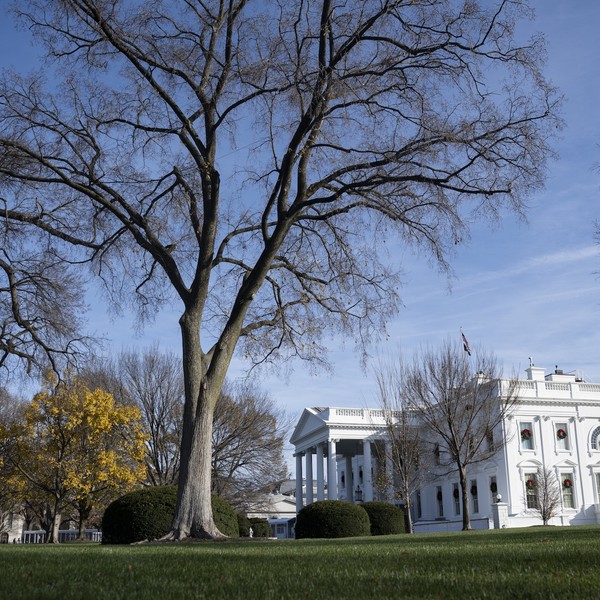OPINION — As 2019 drew to a close, while foreign adversary leaders such as President Putin, President Xi, and Chairman Kim often attracted the largest amount of media attention, the killing of Iran’s IRGC-Quds Force leader Major-General Qassem Soleimani is worthy of careful attention. His recent tactical and strategic actions in the Middle East had threatened to wreak further havoc in that region, in effect forcing President Trump and his national security team to take decisive action. His death represents a huge tactical and strategic victory for America, and it signals President Trump’s resolve, sending a strong message to Iran and to other ‘rogue’ states in the region and elsewhere.
In 1978, the late Uri Lubrani, Israel’s last Ambassador to Iran, accurately predicted the fall of the Shah, and the emergence of the 1979 Islamic Revolution, a prediction whose effects remain central to the Middle East today. Lubrani, who later in his career became known as Israel’s ‘Mr. Iran,’ always warned westerners (as well as his fellow Israeli colleagues) about the perils of negotiating with the Iranians, whom he respected for their negotiating prowess, calling their manipulation of negotiations “a masterpiece of hoodwinking the world.” He later articulated: “Bear in mind three things: They have 3,000 years of culture; they’re patient – a nation of carpet-weavers, and of chess players.” So Lubrani’s sage advice is worth noting as President Trump – following the recent attacks on US facilities and personnel in Iraq by Iranian-backed militias, as well as the recent over-running of the US Embassy in Baghdad – continues to patiently and carefully mount a tactical and strategic response to Iran’s latest provocations in this 21st-century version of ‘The Great Game.’
Soleimani had for over two decades, been a central player in areas involving the Shia Crescent, from Lebanon to Syria to Yemen and Iraq, as well as in Iran. Soleimani – who started his career as a hewer of water and humble soldier, later became a commander in the horrific 1980-1988 Iran-Iraq war (which claimed over a million victims) – had become legendary as a master tactician and leading strategist, with ties to both senior Iranian leadership and its military/intelligence power structures. Comprehending General Soleimani required understanding his singular mix of piety, humility, heroism, courage, nationalism, and lasting dedication to the 1979 Iranian revolution; he too, played a role in cultivating his image, given his adept use of social media. He was likely an important figure – a ‘puppet-master’ of sorts - behind the recent Kata’ib Hezbollah attacks on US facilities in Iraq. President Trump had earlier exhibited thoughtful and measured responses to these attacks, a course of action which the Iranian government understands perfectly well, now more so than ever. But the Iranian government has not relied solely upon military and intelligence approaches in Iraq and in other countries within the Shia Crescent. Iran has also relied upon a cadre of highly-experienced career diplomats, such as Ambassador Mohammed Ebrahim Taherian, former Ambassador to Afghanistan, Bosnia, Tajikistan, Croatia, Pakistan, and Turkey —- Iran’s equivalent in standing to US Ambassadors Ryan Crocker and Zalmay Khalilzad, to quietly but effectively implement a successful, asymmetric/hybrid, whole of government approach to the United States’ crippling sanctions, and military-diplomatic presence in the Middle East and south Asia. Soleimani was patient and savvy, with 3,000 years of culture and history – plus 1500 years of Islam – to back him up.
At the end of last year, I suggested in another piece in The Cipher Brief, that many of the most powerful leaders in the world – President Trump, President Xi, President Putin, and Chairman Kim – remain central figures worthy of attention in 2020. But given recent events in Iraq and in the Middle East, President Trump has shown a Reaganesque American resolve in response to Iranian terror with the killing of General Soleimani. Other terrorist leaders (e.g. Hassan Nasrallah) or leaders contemplating ‘rogue’ actions (e.g. Chairman Kim Jong-un) will surely take note.













